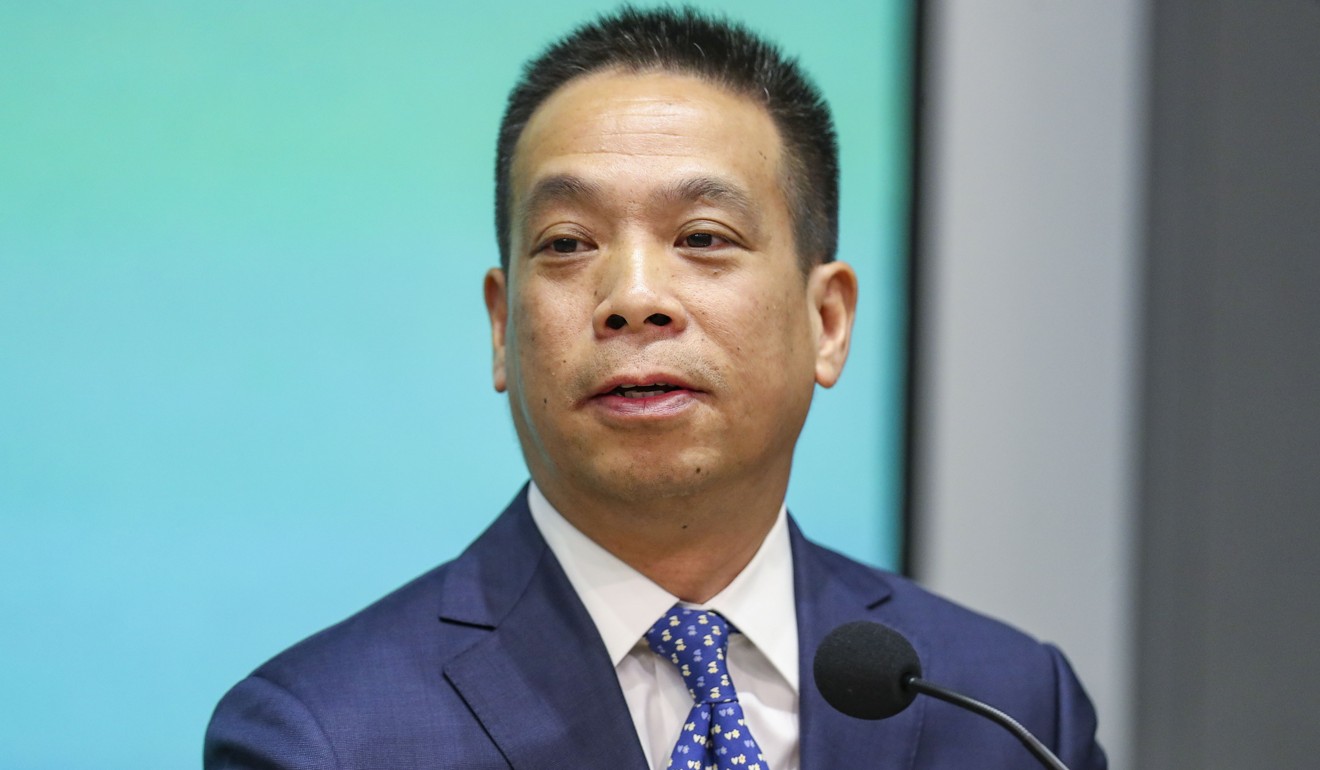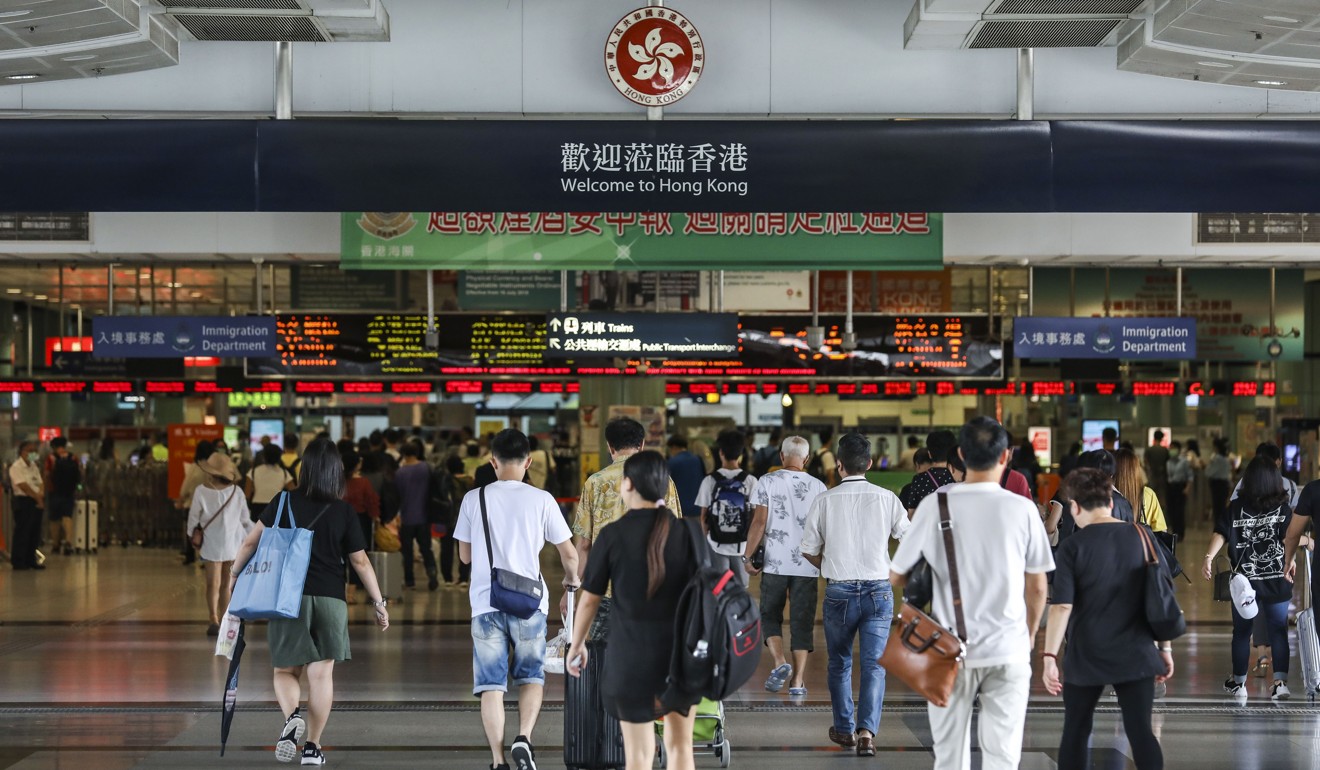
70,000 Hongkongers seek new mainland China resident permit despite tax fears
- Thousands of Hong Kong and Macau residents apply for smart card offering access to mainland public services after scheme was launched in September
- Senior Beijing official moves to allay concerns about greater tax liabilities
More than 80,000 Hong Kong and Macau residents have applied for a new permit promising access to 18 social services on the Chinese mainland since the card was rolled out on September 1.
Huang Liuquan, deputy director of the Chinese central government’s Hong Kong and Macau Affairs Office, on Thursday pledged that holders would not immediately become subject to mainland taxes on their global income despite a recent amendment to that effect in China’s laws.
Writing in the latest issue of Bauhinia Magazine, Huang said the permit, which is only open to those who have been resident on the mainland for six months, had proved “rather popular”.
“Between September 1 and October 24, more than 82,000 Hong Kong and Macau residents submitted an application, among whom nearly 70,000 were from Hong Kong,” he said.

According to the city’s leader, Carrie Lam Cheng Yuet-ngor, there are more than half a million Hongkongers living in Guangdong province alone.
In August Beijing passed an amendment to the country’s personal income tax law which stipulates that from next year any person who spends more than 183 days a year on the mainland should be subject to tax on their income from both inside and outside China.
Taiwanese with mainland residence permits may be banned from public office
The change prompted fears of larger tax bills for Hongkongers north of the border and concerns that many would shun the new permits in an attempt to escape detection by authorities.
However, Huang said the document would not form the basis on which to levy taxes.
“The permit is an identity document for Hong Kong and Macau residents on the mainland, and a voucher for them to enjoy basic rights, public services and convenience,” he said. “It doesn’t bear any corresponding relation to taxes.”

A two-week public consultation exercise was being carried out on whether to relax the taxation requirement for Hongkongers, Huang added. But this exemption would involve those without a permanent residence across the border having to leave the mainland for more than 30 days every five years.
The permit bears an 18-digit code that is the standard for identification documents in mainland China, but the card has yet to be fully recognised by all public and private service providers, Huang conceded.
Users flaunt new ID card for Hong Kong, Macau and Taiwan residents in mainland China, but not all services updated to accept permit
Several holders in Guangdong and Beijing told the Post last month that their permits had failed to deliver the convenience they expected. Purported uses range from making hospital appointments online to checking into hotels.
“Service providers need some time to upgrade their information systems, card-reading machines and software,” Huang said.
Other Hongkongers travelling to the mainland use a “home return permit”. Some Hong Kong delegates to China’s top legislative body have suggested this card should be upgraded to also grant holders more services across the border.
Huang said the central government would continue to study the issue and whether organisations other than state-run China Travel Service could be authorised to handle applications for the card.

